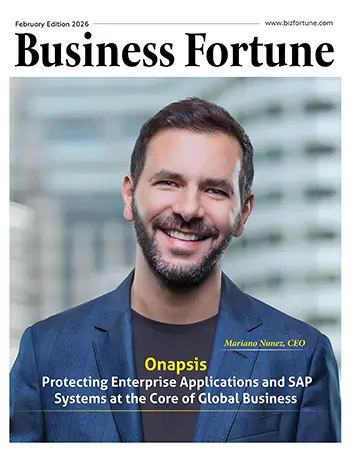Home Industry Anti Money Laundering Brian Armstrong Calls the U.S....
Brian Armstrong Calls the U.S. AML Regulations a Failure and Believes Elon Musk Can Fix Them
Anti Money Laundering

Business Fortune
02 December, 2024
Coinbase CEO Brian Armstrong referred to the present anti-money laundering (AML) laws in the United States as an economic catastrophe. He claimed that while these laws don't stop crime, they cost the world economy $213 billion annually.
Just 0.2% of illicit transactions are intercepted, according to a United Nations report that Brian references. Elon Musk's Department of Government Efficiency (DOGE) could be interested in the position, Brian joked.
He revealed the underlying reason behind the pervasive "debanking" phenomenon: financial institutions are being charged by authorities to enforce anti-money laundering regulations. If banks make mistakes, they might face fines of nine or 10 figures. Because of their great caution, they force respectable companies and people out of the banking system altogether.
Charles Hoskinson, the co-founder of Cardano and Ethereum, also denounced the concerted assault on cryptocurrencies, as we reported a day earlier. He warned the community on X (previously Twitter) that the crackdown is really harsher than people realize. Many individuals have their heads in the sand for political reasons, he said on X. It's more widespread and terrible. Numerous companies have faced harassment, fines, audits, and platform removals.
Charles connects the present state of affairs to Chokepoint 2.0, a contemporary iteration of the contentious Obama-era initiative designed to deny banks access to high-risk businesses. Gun dealers and payday lenders were involved at the time. These days, it's blockchain businesses. Officially ending in 2017, the Chokepoint Campaign was revived in 2021, according to bitcoin industry insiders, with the goal of limiting the expansion of decentralized finance (DeFi).
The president of Binance, Gabriel Abed, related his own terrifying experience. He had kept accounts at First Citizens Caribbean Bank for more than ten years, and they were abruptly canceled. What caused it? He was given a Bitcoin-related deposit.
The CEO of the bank acknowledged that they were afraid of destroying ties with its U.S. correspondent banks, according to Abed. International banks are cutting their connections with cryptocurrency firms in order to adhere to "standards" established by their American counterparts.


































